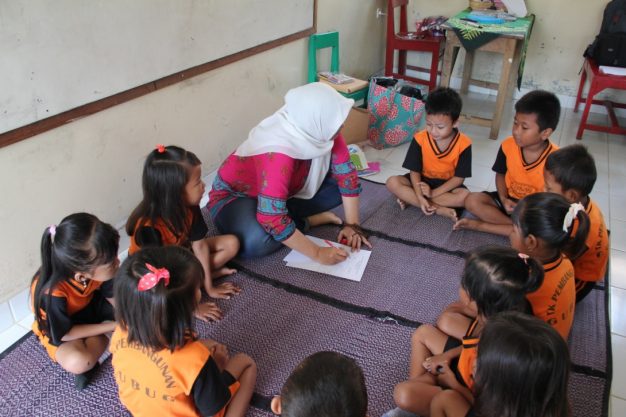
Asian-Pacific participation practitioners champion sustainability to improve conditions for urban children
It is predicted that by 2050, 1 in 7 people worldwide will live in urban areas, with an even greater proportion living in slum conditions and an estimated 600 million of these will be children, concluded professor Karen Malone in her speech at the Child Friendly Asia Pacific 3rd conference in Nepal in 2013.
This projection concerns urban planners and architects, who strongly believe that sustainability needs to be at the core of the development process for big cities, since the children most in need live in crowded areas, where there is a high concentration of crime, pollution and exposure to disease.
Child-oriented urban development
Malone remarked, “City Governments and local authorities have an essential role to play in the urban management and ultimately sustainable development of the city. Architects, urban designers, and urban planners play an important role in promoting the integrated design of cities and municipalities, with extra emphasis on Children’s Rights”.
Moreover, Malone said, sustainable development must balance the scales of equity on all fronts to break the cycle of poverty and ensure that children are able to live in a world that is safe and provides the right conditions for their healthy development. She added, “Sustainable development starts with safe, healthy, and well educated children”. Several discussions were held at the conference, under topics including child-friendly local governance, child protection and accreditation, child-friendly learning frameworks, children’s health and sustainability”. Different activities took place in order to promote active participation of children and to create transformation that will lead to the improvement of our environment.
Workshops to address active participation
A workshop addressing how to build a child-friendly city based on the Appreciative Inquiry Approach was held by the Nepal School of Social Network. The workshop encouraged the active participation of children and aimed to identify steps to fulfill the aspirations of the participants during the process of implementation for a chosen area, following the Value – Dream – Design – Action process. Five clusters of the chosen city were selected to ensure that children’s active participation is promoted in order to develop their full potential.
Child-friendly schools
As a way of enhancing the quality of life for local children, Ars86care Foundation engages in corporate social responsibility programs. The foundation aims to specifically enhance the quality of early childhood education facilities that are located at urban area within one the most populated districts in Central Java. Thanks to this program, three kindergarten buildings have been renovated during the year of 2012 – 2013, while two more schools are still in the process of renovations.
Children’s participation is integral to the process, which includes assessment, design-construction-delivery, and monitoring-evaluation in building child-friendly schools. The child-friendly building concept is developed in a way that promotes healthy environments, such as implementing maximum crossed air circulation and natural light in the design, using as many as locally sourced materials as possible, and recycling old material without abandoning safety and security for children.



